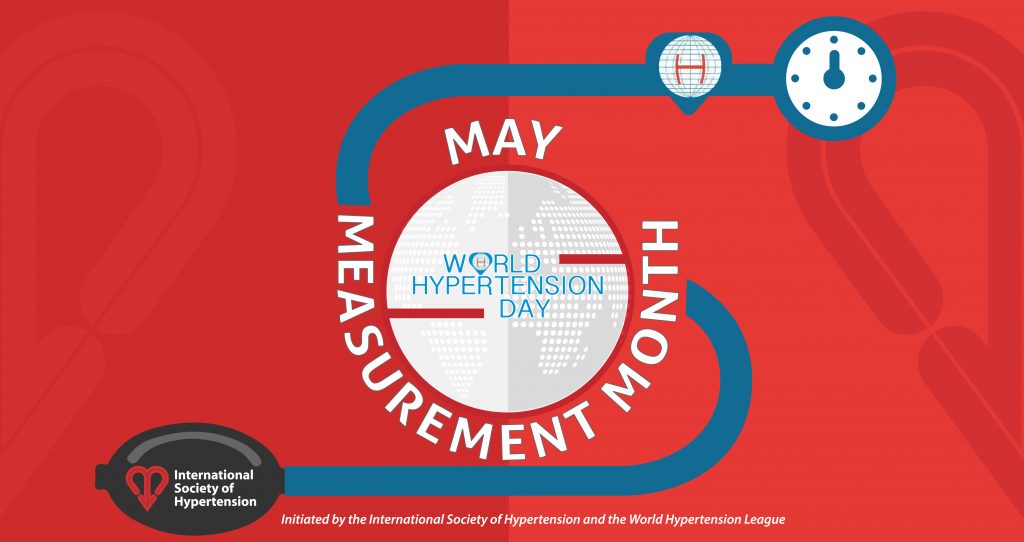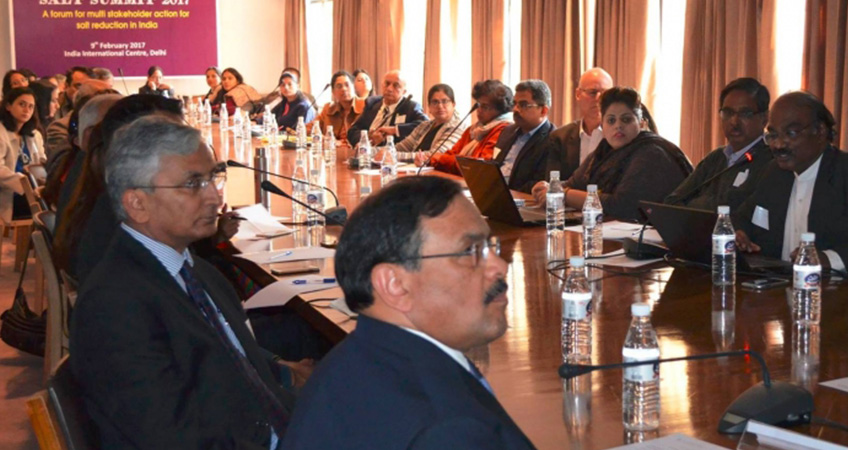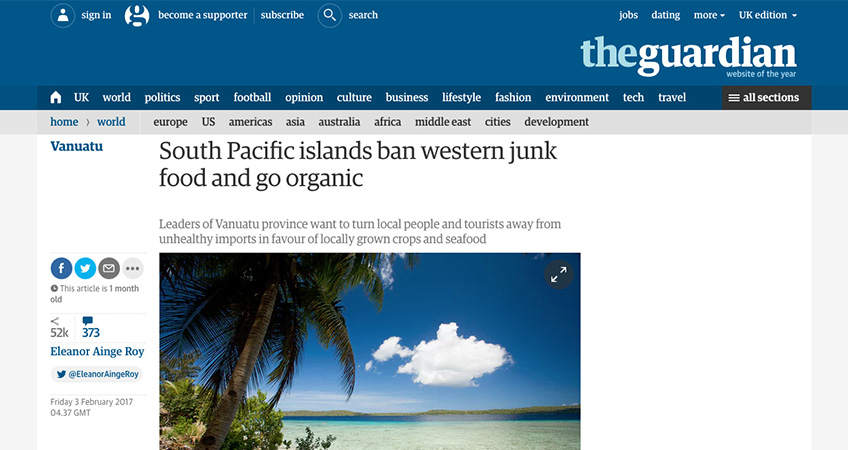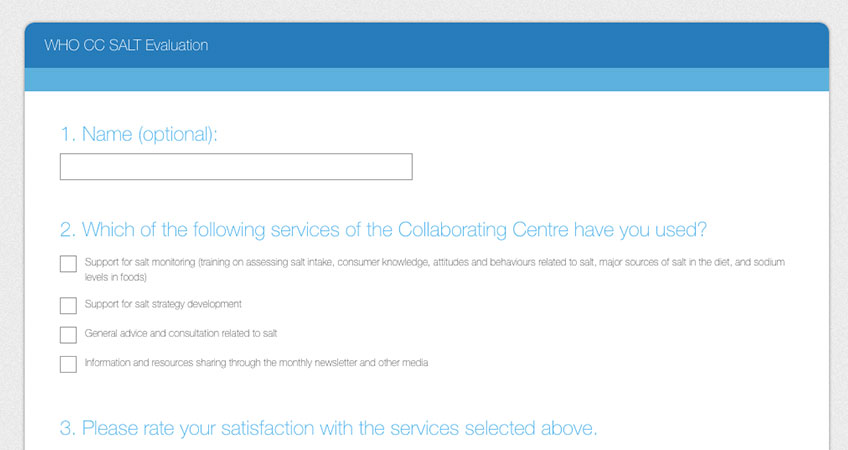“Potassium Salt” – The FDA Citizen Petition for Potassium Salt Labeling

NuTek Food Science have been petitioning the US Food and Drug Administration (FDA) to allow labeling of Potassium Chloride as Potassium Salt. NuTek are petitioning for this voluntary and optional labeling given literature that shows consumers better understand and accept the term salt, as seen for sodium chloride, rather than seeing potassium chloride as a […]
Food industry in Canada fail to meet salt reduction targets

Voluntary targets for sodium in various processed foods were introduced by the federal government (Health Canada) in Canada four years ago. These targets focused on 94 food categories within processed foods, aiming to reduce average sodium intake to 2,300mg in a two year period, yet in an evaluation of 10,000 products within the 94 food […]
Know your numbers – World Hypertension Day

World Hypertension League is targeting hypertension awareness with World Hypertension Day on the 17th of May. The theme of Know Your Numbers is aiming to increase awareness of high blood pressure. This campaign ties in with May Measurement Month, through the International Society of Hypertension, and is a global synchronised screening campaign setting up free […]
Making sure all Australians have access to the care they need: response to Australia’s Federal Budget

“The George Institute welcomes the increased investment in the health system and in preventative health care so all Australians have access to the care they need. “Health Care Homes, a national opt-out My Health Record, cheaper medicines and new approaches to funding healthcare are integral to an equitable and 21st century health system. “Encouraging prescriptions […]
South Africans on target to shake their salt habit

South Africa is on track to meet mandatory salt targets, according to analysis of more than 11,000 packaged foods. But, the study by The George Institute for Global Health (Peters et al published in Nutrients journal) found many commonly eaten products including bread, sausages and crisps still contained high levels of salt just months before the […]
Salt Summit held in India to discuss national salt reduction strategy

The George Institute for Global Health, in association with Arogya World, organized a Salt Summit in Delhi, India on 9 February 2017. The forum was attended by key representatives from government, food industry, academia, research organizations, community and media. It brought out recommendations and action steps for reduction of salt consumption and development of a […]
Salt reduction consultation meeting in South Africa

In September 2016, a high-level salt reduction consultation meeting was held in Cape Town, South Africa to discuss progress, challenges and the next steps for the country’s salt reduction strategy. The meeting was attended by 25 key participants from government, non-government organizations, universities and research organizations. To read the full report of the meeting, click […]
Vanuatu province declares war on junk foods

Vanuatu’s northern Torba province had imposed a ban on foreign junk foods in an effort to protect the health of its people. The head of the local tourism council, Father Luc Dini, has ordered the province’s bungalows and local stores to serve only locally-grown, organic products. Dini also plans to introduce legislation within the next […]
Evaluation of the work of WHO CC on Population Salt Reduction

We would like to request for your time to complete a short evaluation of the newsletter and the work of WHO CC on Population Salt Reduction through this link. Please do not hesitate to contact us if you have any queries or if there is anything that we can do to support you in your […]
ASTHO Issue Brief on Food Service Industry Partnerships

The Association of State and Territorial Health Officials (ASTHO) published an issue brief which highlights insights for state health agencies around working with food service management companies (FSMCs), developing food service guidelines and improving industry partnerships. The ideas generated through interview of FSMCs, a survey of state chronic disease directors, and virtual roundtable discussions. Six […]